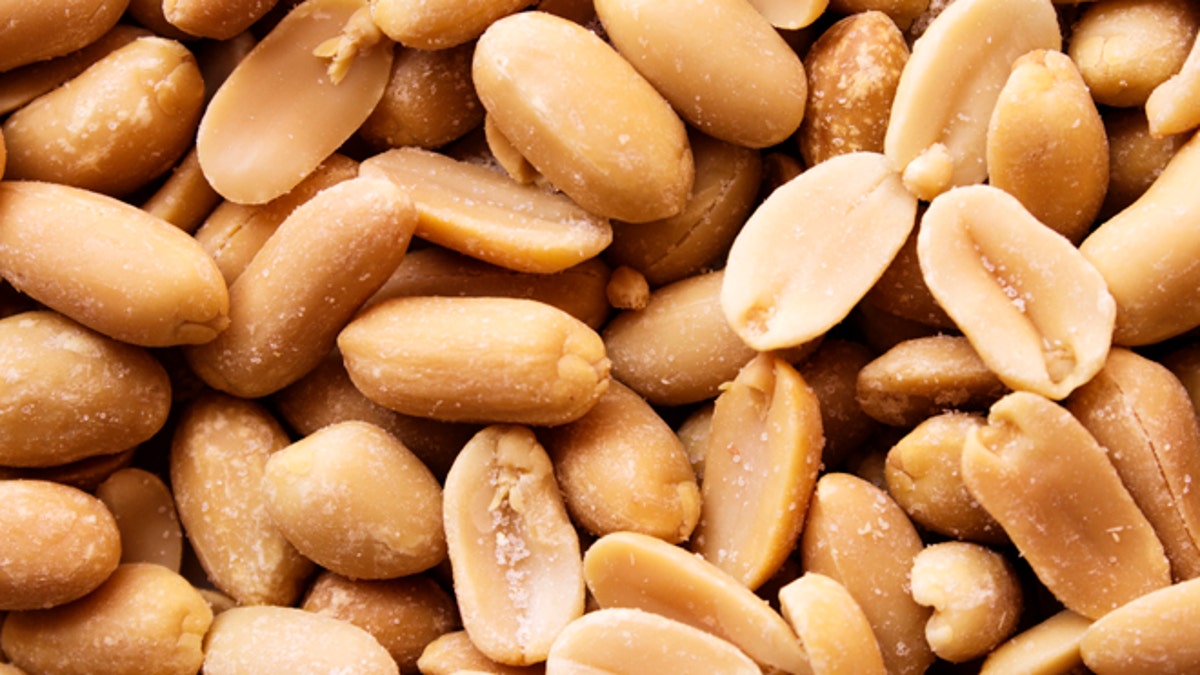
Peanut M&M dispensers stand in the waiting room of the New England Food Allergy Treatment Center. Hundreds of drawings plaster the walls, almost all done by children with peanut allergies. One shows a picture of a boy holding hands with Mr. Peanut. “Now we’re friends!” reads the caption.
The children coming to the center are openly flouting rules drilled into their heads for most of their lives: Avoid peanuts and potentially contaminated products at all costs. Instead, the children here eat carefully measured doses of peanut protein, usually mixed into yogurt, pudding or apple sauce, in a treatment known as oral immunotherapy. The idea is to gradually increase the doses to desensitize their bodies to peanuts so they no longer suffer allergic reactions. Immunotherapy is a popular treatment for people with environmental allergies, such as hay fever. But it is less common, and is a controversial practice, for treating food allergies.
“We’ve treated about 750 to 760 patients so far with a 90 to 92 percent success rate,” says Jeffrey Factor, founder and medical director of the center, which opened in 2010. Nearly all the patients, most of whom are children, come because of peanut allergies. But the center also has treated about 50 patients who have milk, egg or tree-nut allergies.
Oral immunotherapy, often called OIT, isn’t approved by the U.S. Food and Drug Administration or endorsed by any professional organization of allergists. Some of the country’s leading allergists say that, despite promising evidence, more research and regulatory approval are needed before the process should be recommended as a treatment for food allergies. Studies have shown about 80 to 85 percent of patients who undergo oral immunotherapy are successfully desensitized to their allergen. But questions remain about its long-term effectiveness, and there are concerns some patients could have adverse reactions, these allergists say.
Click for more from The Wall Street Journal.








































